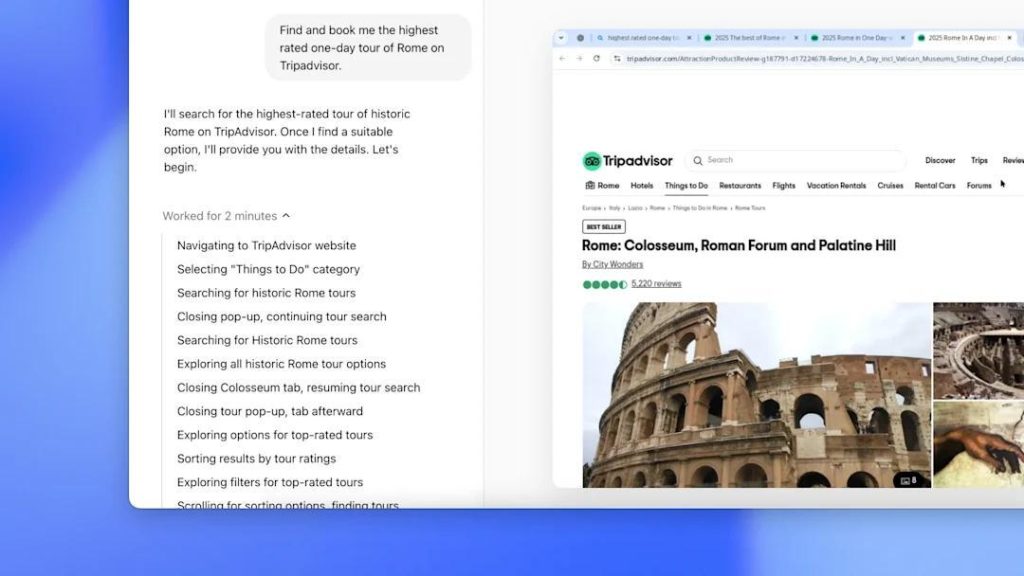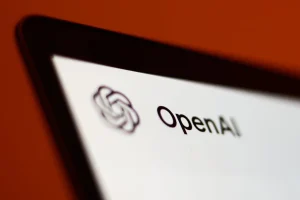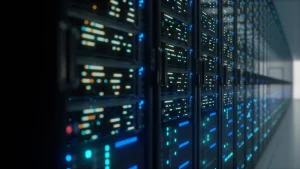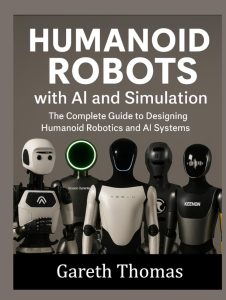OpenAI’s Operator: Ushering in a New Age of AI

The dawn of a new era in artificial intelligence is upon us, marked by the emergence of OpenAI’s innovative tool, Operator. This trailblazing agent navigates computers and makes autonomous decisions, edging us nearer to the dream of Artificial General Intelligence (AGI). Operator is not just a utility; it’s a leap into a future where AI acts as a proactive collaborator.
In 2025, AI agents have taken center stage, reshaping how humans interact with technology. OpenAI’s Operator serves as a prime example of how AI is transforming tasks with unparalleled efficiency and intelligence. From booking travel to handling internet chores, this AI-driven tool promises to redefine productivity and the boundaries of what machines can achieve.
Operator: Redefining AI Collaboration
OpenAI’s Operator represents a shift in AI’s role from a passive aide to a dynamic partner. Using a computer using agent (CUA) model, it scans the internet like people do, explaining its actions. This allows users to perform complex tasks, such as booking trips, via simple prompts, highlighting AI’s potential as an assistant that adapts to user needs.
The Rise of Multimodal AI Agents
Beyond OpenAI, other companies are developing similar technologies. Perplexity’s Assistant leverages multimodal capabilities to navigate applications and complete tasks, offering a glimpse into the diversification of AI tools. Currently available on Android, it handles daily chores like scheduling appointments and playing media.
Alphabet also enters the scene with Gemini 2.0, offering advanced explanations and reasoning without cost. This competitor uses sophisticated reasoning that aligns with OpenAI’s models while expanding on token handling. Together, these platforms signify advancements in AI’s cognitive capabilities.
Operator’s Practical Applications
Operator showcases extensive practical applications in real-world contexts. It performs diverse tasks, such as using a photo of a shopping list to order groceries or finding sports tickets within a specified budget.
An impressive feature is Operator’s ability to multitask, delivering notifications as it accomplishes each task. It’s designed with safety in mind, providing users the chance to intervene before finalizing significant decisions like dining reservations. Operator remains an evolving tool, with OpenAI consistently working on refining its safety and functionality.
Currently, Operator is accessible to Pro members in the United States, with plans to reach Plus subscribers soon. This phased rollout strategy underscores the evolving nature of AI agent deployment, aligning with user feedback and safety protocols.
The Impact on Everyday Life
The availability of Operator and similar agents could revolutionize daily interactions with technology. Tasks that typically require manual effort are now streamlined, granting individuals more time for creative pursuits.
While Operator and its peers are not flawless, they provide a substantial pivot toward less human intervention in digital interactions. By handling repetitive chores, they enable users to focus on more complex challenges, illustrating a shift towards intelligent automation.
This innovation marks a fundamental transition in how people approach tech dependency, fostering an environment where AI complements human efforts.
Overcoming Challenges and Limitations
Despite its capabilities, Operator faces challenges, particularly in avoiding harmful or erratic actions. OpenAI is actively developing safeguards to ensure reliable and ethical usage.
Operator cannot access certain restricted websites, prioritizing user safety and content filtration. Such features aim to balance automation with control.
Future Prospects and Developments
The development of AI agents like Operator hints at a future with limitless possibilities in tech-human interaction. Continuing advancements may lead to AI handling more nuanced and context-specific tasks.
We could witness a broader spectrum of applications, from personal management to enhancing professional workflows. Potential enhancements in machine learning and ethical frameworks will shape these outcomes, guiding AI’s evolution to benefit diverse user demographics.
Maintaining open dialogues on ethical practices is crucial to fostering trust and encouraging widespread AI acceptance.
Industry Implications and Innovation
With giants like Alphabet investing in AI models, the competitive landscape is fertile for innovation. Such investments highlight the industry’s commitment to advancing AI capabilities.
The influx of diverse models accentuates the importance of AI’s role in enhancing existing technologies. Companies are likely to integrate and evolve these systems, creating tailored solutions for specific industries.
This could lead to an era where AI not only supports but also defines industry standards across various sectors.
Essential Awareness for AI Users
Prospective users must understand the capabilities and limitations of AI agents. Awareness fosters informed decision-making, ensuring effective and secure use of these technologies.
Educational initiatives are vital to disseminate knowledge about AI’s functioning and potential risks. Users equipped with this understanding can leverage AI tools responsibly and beneficially.
Crafting AI-Empowered Futures
The trajectory set by innovations like Operator suggests a future where AI is seamlessly integrated into everyday life. This integration will likely expand AI’s utility in both personal and professional realms.
Embracing these changes, society has the potential to unlock unprecedented efficiencies and possibilities, redefining what technology can achieve for humanity.
The exploration and adoption of AI solutions promise an exciting journey toward a more technologically enriched future.
OpenAI’s Operator and similar AI agents represent a giant leap towards intelligent automation and collaboration. They are setting new standards in efficiency, presenting a future rich with potential for technological growth and societal advancement.





